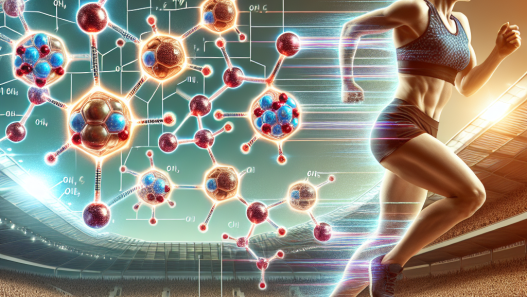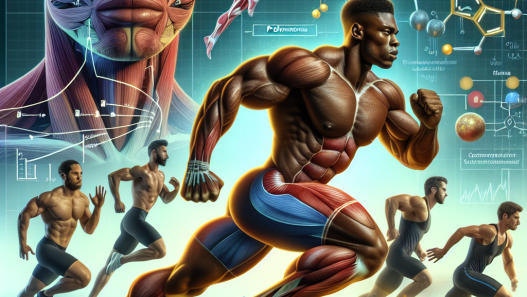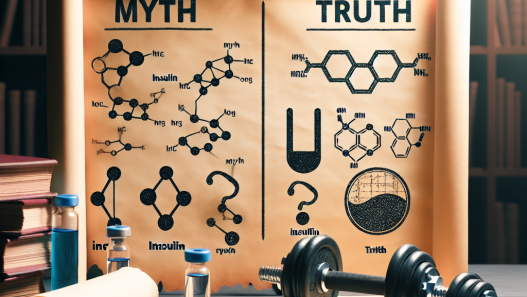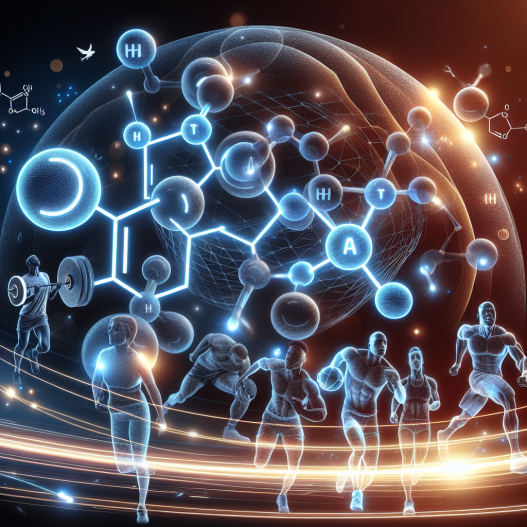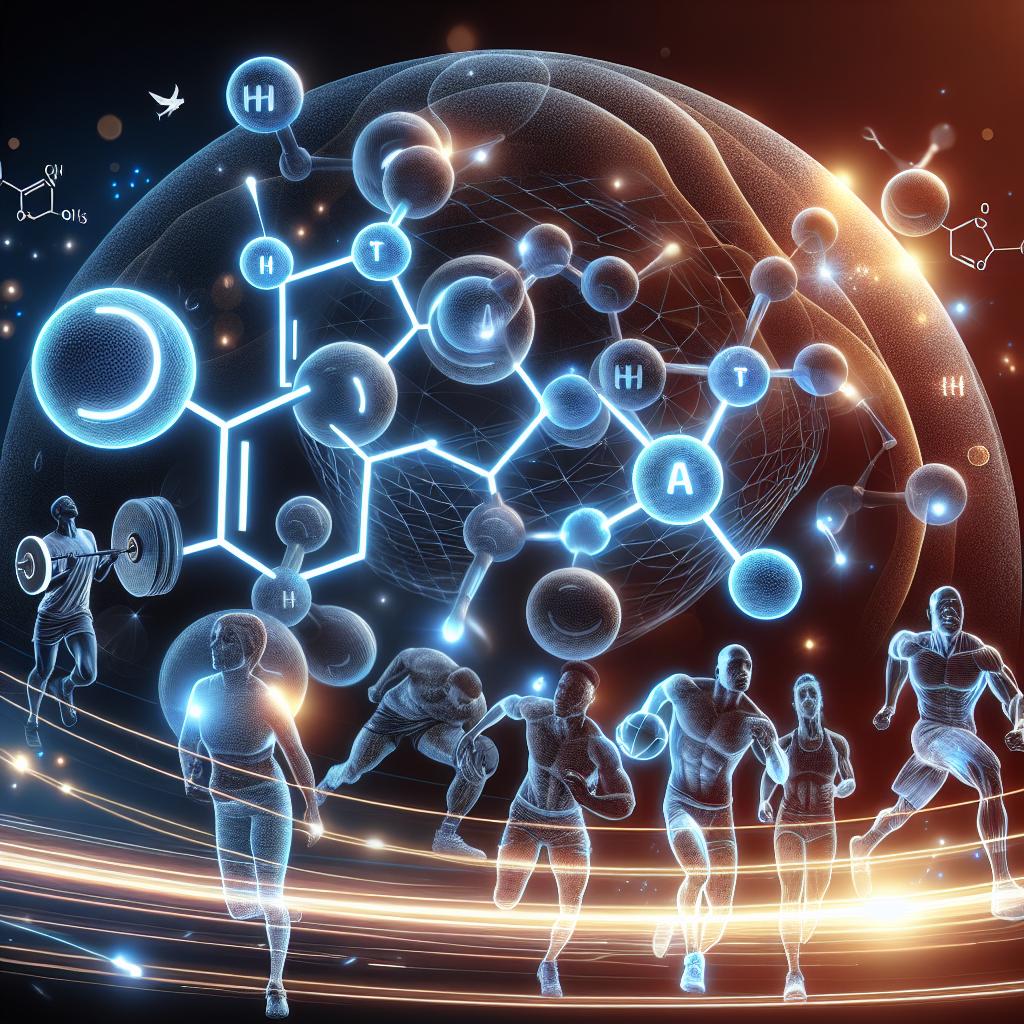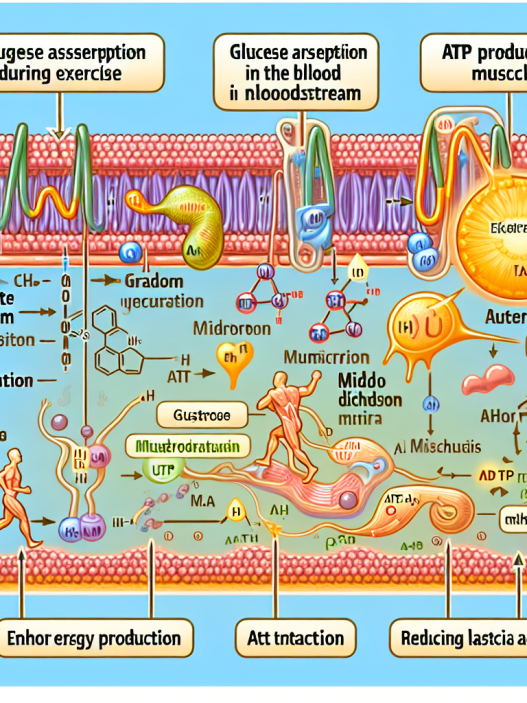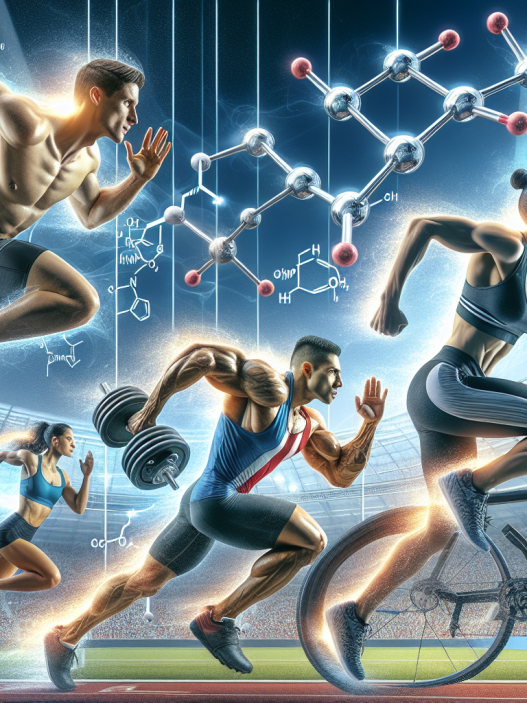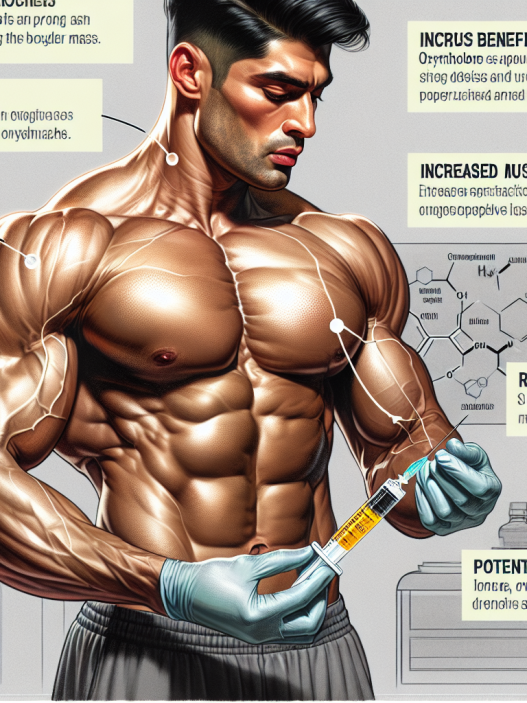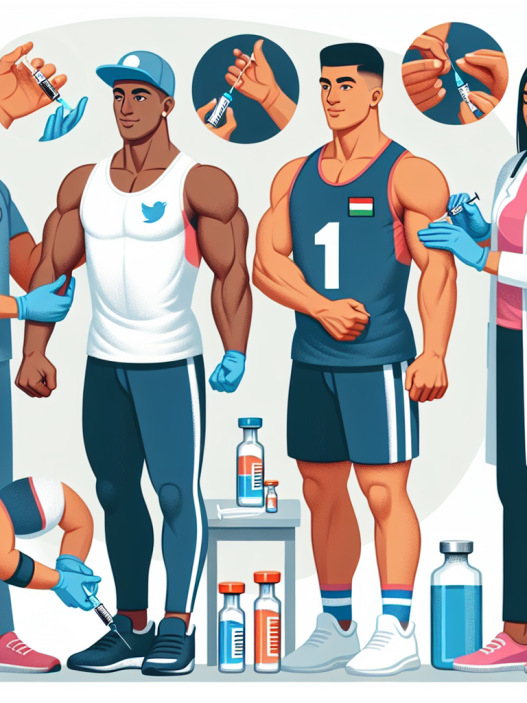-
Table of Contents
Methyltestosterone and Its Role in Sports Performance
Methyltestosterone, also known as 17α-methyltestosterone, is a synthetic androgenic-anabolic steroid (AAS) that has been used in sports for decades. It was first developed in the 1930s and has since been used by athletes to enhance their performance. While its use has been banned by most sports organizations, it continues to be a popular choice among athletes looking to gain a competitive edge. In this article, we will explore the pharmacokinetics and pharmacodynamics of methyltestosterone and its role in sports performance.
Pharmacokinetics of Methyltestosterone
Methyltestosterone is a synthetic derivative of testosterone, the primary male sex hormone. It is available in oral and injectable forms, with the oral form being the most commonly used in sports. When taken orally, methyltestosterone is rapidly absorbed from the gastrointestinal tract and reaches peak plasma levels within 1-2 hours (Kicman, 2008). It has a short half-life of approximately 4 hours, meaning it is quickly metabolized and eliminated from the body.
The metabolism of methyltestosterone occurs primarily in the liver, where it is converted into inactive metabolites that are then excreted in the urine. The main metabolites of methyltestosterone include 17α-methyl-5α-androstan-3α,17β-diol and 17α-methyl-5β-androstan-3α,17β-diol (Kicman, 2008). These metabolites can be detected in urine for up to 3-4 days after a single dose of methyltestosterone.
Pharmacodynamics of Methyltestosterone
Methyltestosterone exerts its effects by binding to and activating androgen receptors in the body. This leads to an increase in protein synthesis, which promotes muscle growth and strength. It also has androgenic effects, such as increased sebum production and hair growth, which can be beneficial for athletes in certain sports.
One of the main reasons athletes use methyltestosterone is its ability to increase red blood cell production. This leads to an increase in oxygen delivery to the muscles, which can improve endurance and performance. However, this effect also makes it a popular choice among athletes looking to cheat in endurance sports, as it can enhance their performance without being easily detected (Kicman, 2008).
Real-World Examples
The use of methyltestosterone in sports has been well-documented over the years. In the 1950s and 1960s, it was used by Soviet athletes to dominate in international competitions, leading to its ban by the International Olympic Committee (IOC) in 1975 (Yesalis, 2000). However, it continued to be used by athletes in other sports, such as bodybuilding and powerlifting, where strength and muscle mass are highly valued.
In recent years, there have been several high-profile cases of athletes testing positive for methyltestosterone. In 2018, Russian boxer Alexander Povetkin tested positive for the substance, leading to the cancellation of his fight against Deontay Wilder (BBC, 2018). In 2020, American sprinter Christian Coleman was also banned for two years after testing positive for methyltestosterone (BBC, 2020). These cases highlight the ongoing use of methyltestosterone in sports and the need for stricter testing and penalties.
Expert Opinion
While the use of methyltestosterone in sports may seem appealing to some athletes, it comes with serious risks. The side effects of methyltestosterone can include liver damage, cardiovascular problems, and hormonal imbalances (Kicman, 2008). It can also lead to psychological effects, such as aggression and mood swings, which can negatively impact an athlete’s performance and personal life.
Furthermore, the use of methyltestosterone is considered cheating and goes against the spirit of fair play in sports. It gives athletes an unfair advantage over their competitors and can have serious consequences for the integrity of the sport. As experts in the field of sports pharmacology, it is our responsibility to educate athletes about the dangers and consequences of using performance-enhancing drugs like methyltestosterone.
References
BBC. (2018). Alexander Povetkin: Russian boxer’s fight against Deontay Wilder called off after failed drugs test. Retrieved from https://www.bbc.com/sport/boxing/36494044
BBC. (2020). Christian Coleman: World 100m champion banned for two years. Retrieved from https://www.bbc.com/sport/athletics/54084444
Kicman, A. T. (2008). Pharmacology of anabolic steroids. British Journal of Pharmacology, 154(3), 502-521. doi: 10.1038/bjp.2008.165
Yesalis, C. E. (2000). Anabolic steroids in sport and exercise. Champaign, IL: Human Kinetics.
Conclusion
Methyltestosterone is a synthetic androgenic-anabolic steroid that has been used in sports for decades. While it can enhance performance, it also comes with serious risks and is considered cheating. As experts in the field of sports pharmacology, it is our responsibility to educate athletes about the dangers and consequences of using performance-enhancing drugs like methyltestosterone. We must continue to advocate for fair and clean competition in sports and discourage the use of banned substances.

